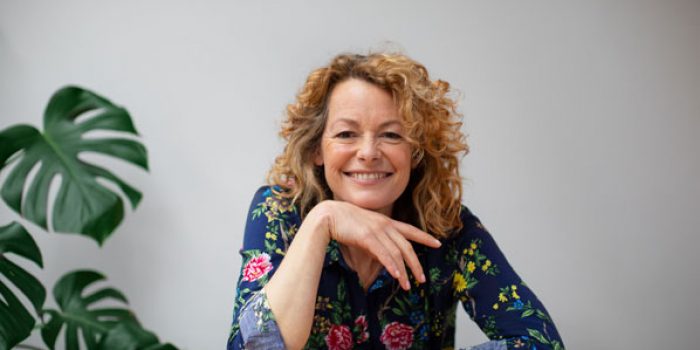Luke Rix-Standing chats with Kate Humble about the challenges facing the environment, and finds her in polemical form...
With six years of Springwatch, three seasons of Lambing Live and a succession of BBC nature programmes under her belt, Kate Humble has become an ever-present face on the greener bits of British television.
She’s the perfect person with whom to sit and chat about the world, because over the course of her career, she’s seen most of it. She got her first taste of adventure aged 19 with a nine-month, solo trip across the African continent, and she’s barely paused for breath since.
Naturalist, naturist, and former president of the RSPB (Royal Society for the Protection of Birds), Humble is under no illusions about the state of the planet. She is, to put it mildly, not best pleased about it.
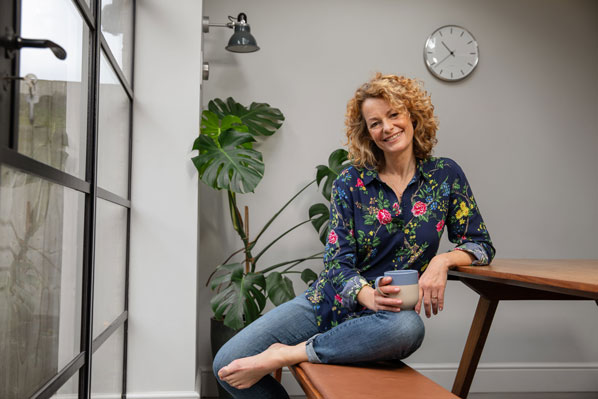
What exactly is ‘throwaway culture’?
“We’ve got into a terrible habit of buying things and throwing away the packaging. Plastic pots, coffee cups – and almost everything we buy for our homes. Obviously some is necessary, but a lot isn’t.
“I’ve been very lucky and travelled to lots of different parts of the world – some countries which, some might say, are not as developed as the UK. But they certainly don’t generate the amount of waste and rubbish that we do
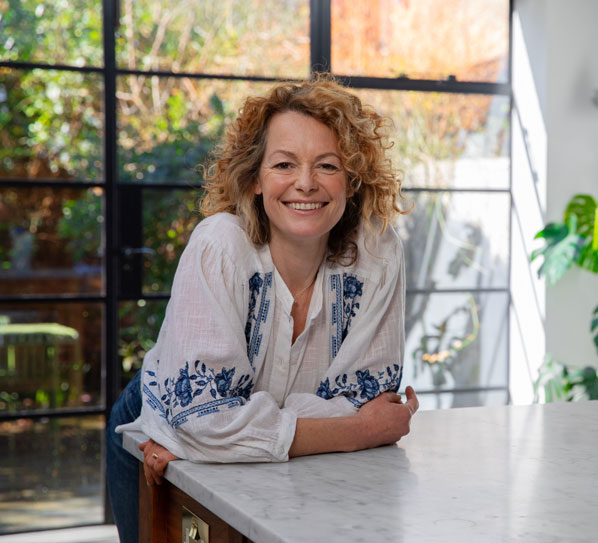
Do you think it’s a particularly British problem?
“No, I think it is a developed world problem. We’ve become a society that seems to value convenience over everything else, and with that comes a lot of waste.
“I went to Rwanda a couple of years ago – a country with an astonishingly brutal history – and there was something about it I just couldn’t quite put my finger on. Then I realised that it’s the cleanest place I’ve ever been.
“The President has banned plastic bags – you can’t use them, you can’t bring them in, they’re just banned – and this in a country that suffered a genocide 25 years ago! It’s so sad that somewhere rubbish-free is so startlingly noticeable, but if they can do that, why can’t we?”
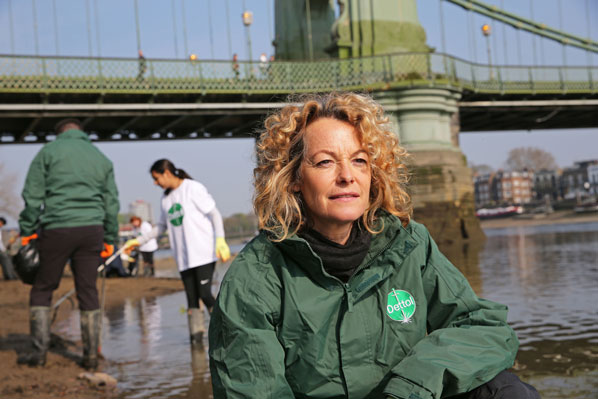
What is the impact? How do you quantify the damage?
“Well, there’s the terrible reality of landfill. There is only so much land and we’re filling it with rubbish. All the stuff that can’t be recycled sits in the Earth and gradually breaks down, and all the chemicals seep into the soil.
“Rubbish that gets dumped in the sea ends up on beaches, and we’ve all seen the effect that has on wildlife. The turtles that have died because they’ve got plastic bags stuck in their gullets, the heartbreaking shots of albatross chicks that are starving because they’ve got plastic beads in their stomachs.
“We need to have a whole cultural shift in the way that we behave. The thing that really makes me furious is that we know how damaging this is. If there are still human beings on this planet in 200 years time, which I slightly hope there aren’t, they’re going to look back at our generation and go, ‘What the f***?’
“It’s really bad for us – we’re poisoning the very environment we rely on. Shouldn’t that matter enough? Apparently not.”
So, how would you go about countering it, and creating this cultural shift?
“Just get rid of humans – my husband is terrified that the world will one day wake to find me as their dictator! Joking apart, we are making changes and I don’t want to get too gloomy, but we’re not doing things fast enough and we’ve all got to commit.
“Do I really need to buy something in a plastic pot? Can I buy coffee in my own recycled mug? Can I reuse this packaging? Do we need to buy endless new clothes every season? No, we don’t – there’s plenty in your wardrobe that’s still nice. I’m wearing a pair of knickers I don’t even want to tell you how old!
“You can be really happy without loads of stuff. Nature is remarkable at clawing its way back every time we do something catastrophic, but there will come a point where it won’t be able to fix things any more. We’ve got to take some responsibility.”
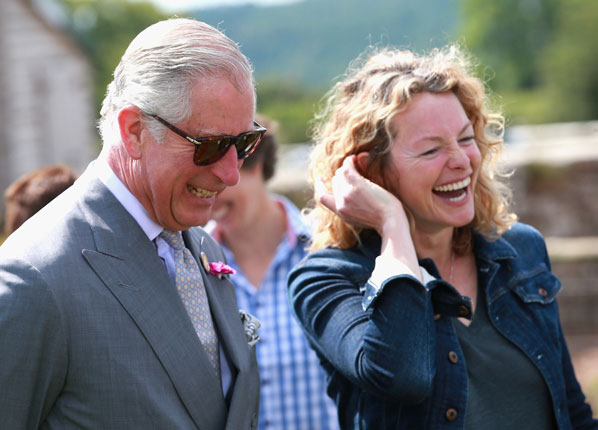
Some have argued that the focus on individuals takes the spotlight off companies and governments. Do you think there’s a problem there?
“I do, but a lot of these big businesses are dependent on us, as consumers, for their very existence. Without doubt, it’s consumers – ordinary people – who have pushed the plastic revolution onto the political agenda.
“Of course big companies should do more, but they will do more if we say, ‘Right, we’re not going to buy from that big company any more’. We do have power as individuals and we should absolutely exercise it.
“Some of us, myself included, have been banging on about plastic for 20 or 30 years, so it’s weird that it’s suddenly come into the public consciousness now. There’s been programmes and films and startling images before. I mean it’s brilliant – hooray – but strange.”
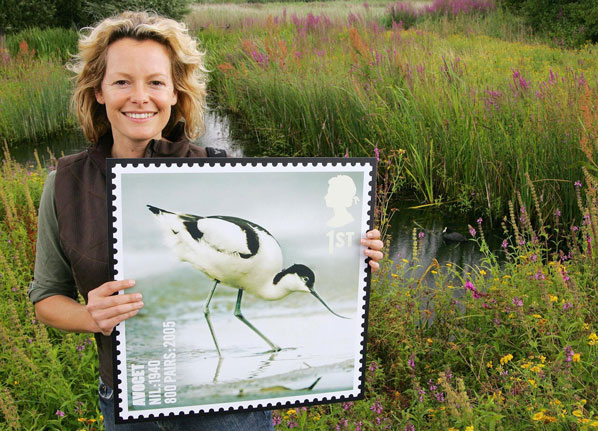
Any idea why that might be?
“I don’t know, but I do think that in times of political turmoil, life feels uncertain. Young people are getting to the end of their school days and thinking ‘what does the future hold for me?’
“We’re seeing a slow realisation that its in our hands, and climate change has begun affecting all of us, regardless of where we live. Maybe, just maybe, some consciousness is creeping in. Now we need to do something about it.”
Kate Humble has recently helped launch the Dettol Trigger Project, to inspire people to make small changes to reduce household waste and trigger a cleaner world.

